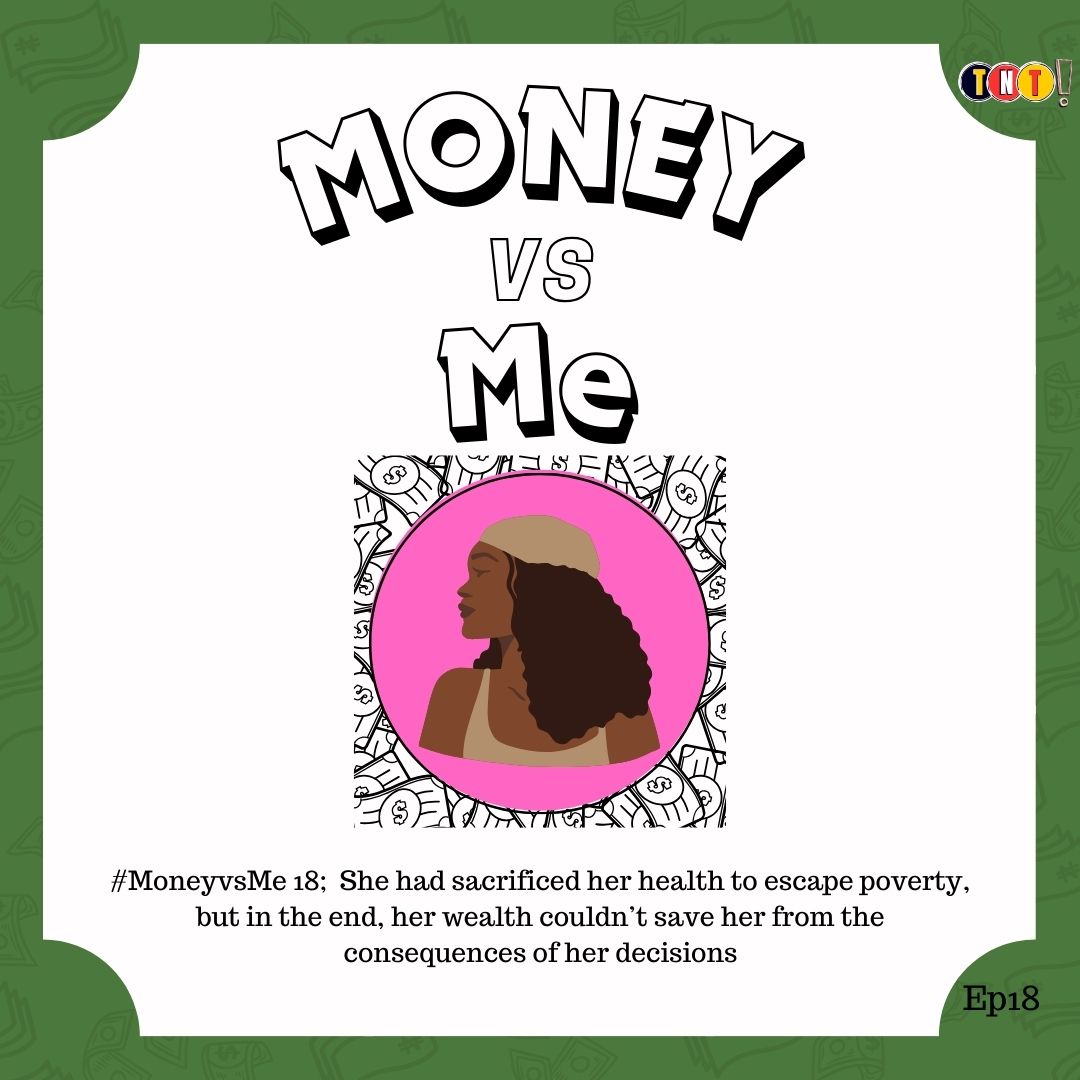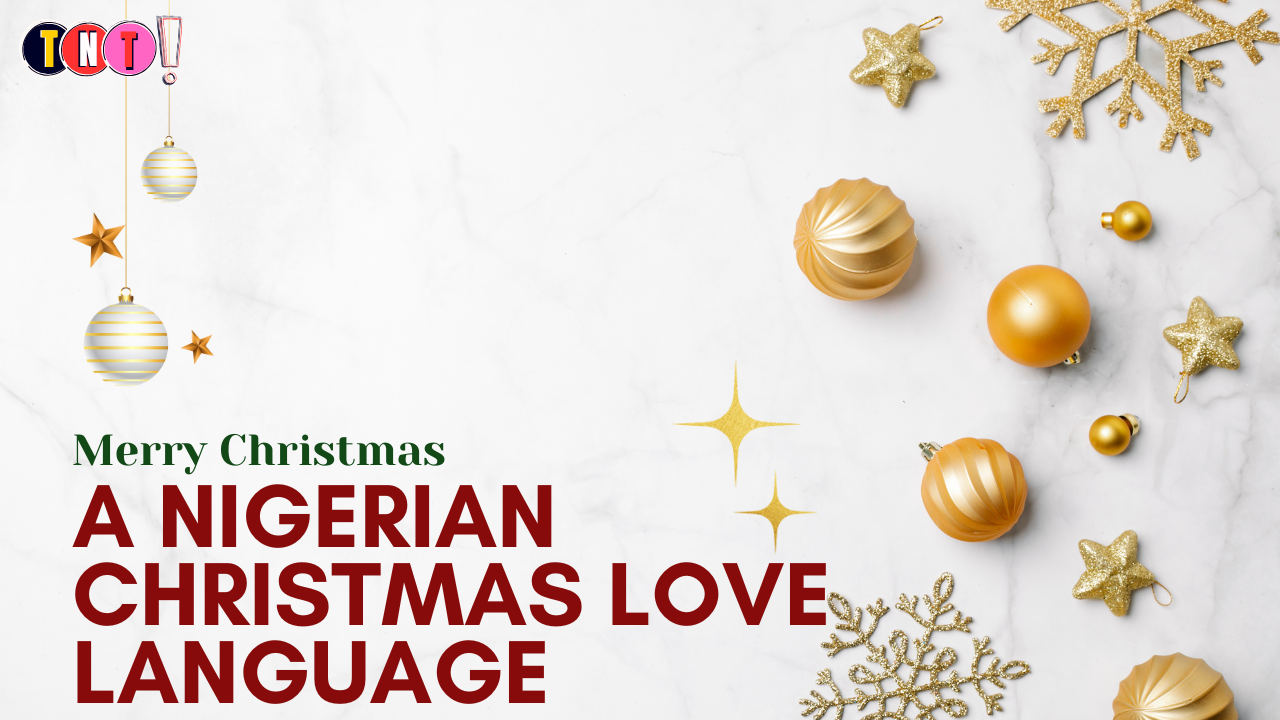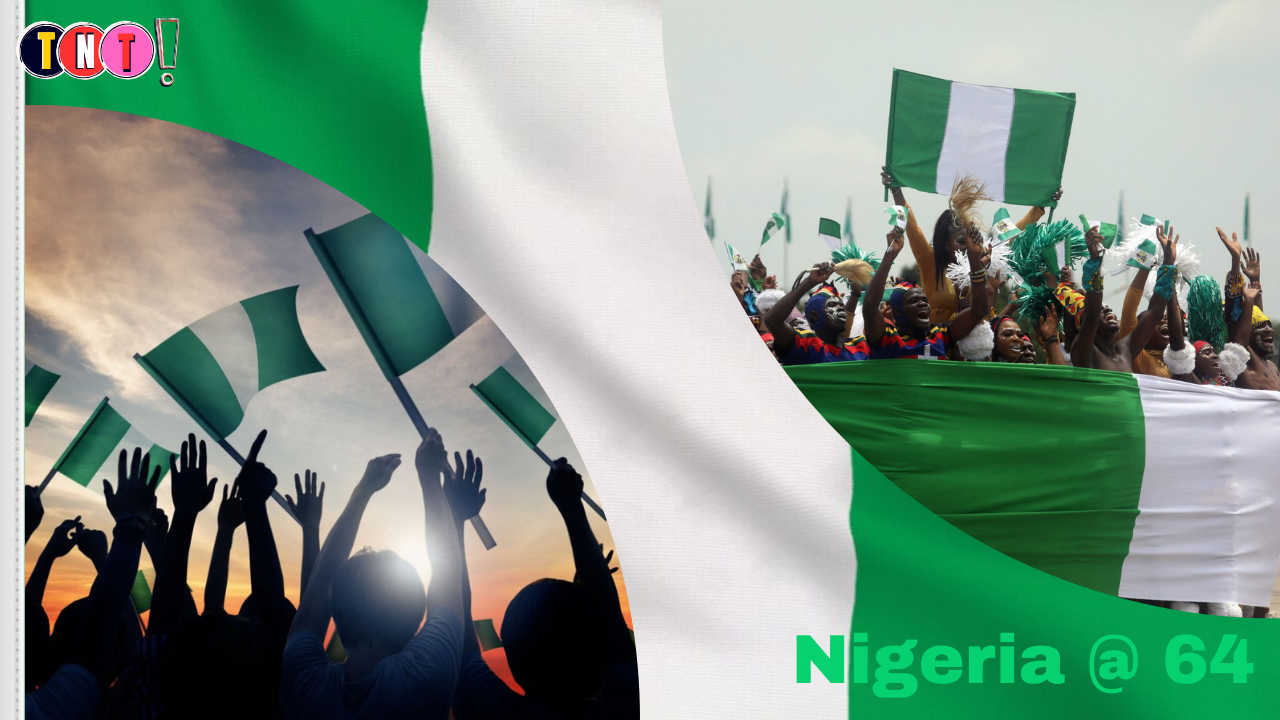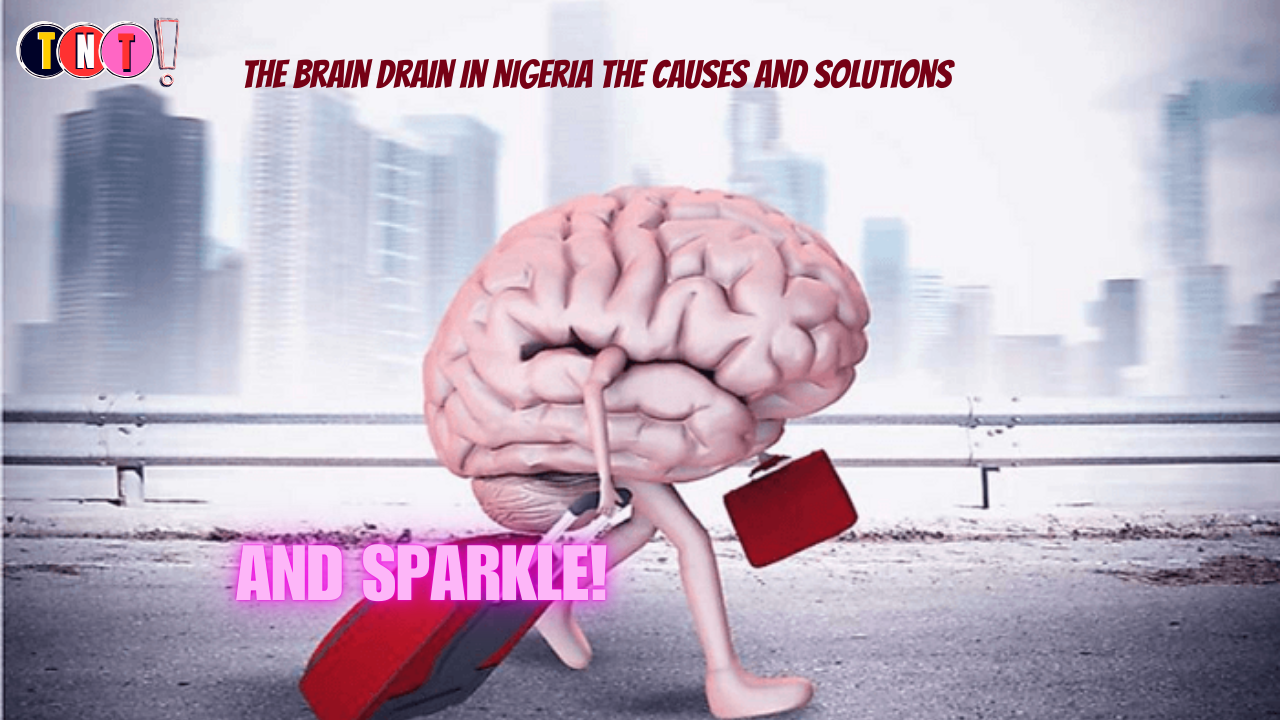Nigeria, Africa’s most populous country, is a vibrant tapestry of ethnicities, languages, and traditions, each with its own unique customs and festivals. With over 250 ethnic groups, Nigeria offers a rich and diverse cultural experience that is unrivaled on the continent. From the pulsating rhythms of the Calabar Carnival to the mystical masquerades of the Egungun Festival, Nigerian festivals are a thrilling explosion of color, music, dance, and spirituality. These festivals are not just celebrations; they are a vivid display of Nigeria’s cultural wealth and a testament to its unity in diversity. Join us on a spicy journey through Nigeria’s most captivating festivals, where each event promises an unforgettable blend of tradition, spirituality, and pure joy.
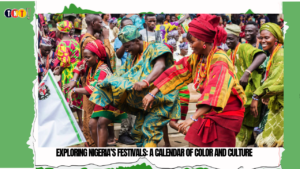
Exploring The Different Traditions and Cultures in Nigeria
Calabar Carnival: The Pride of Africa
It’s held every December in Calabar, Cross River State. It entails Street parades, colorful costumes, music, and dance competitions. Often dubbed “Africa’s Biggest Street Party,” the Calabar Carnival is Nigeria’s answer to Rio de Janeiro’s famous carnival. What started in 2004 as a state initiative to boost tourism has now become a month-long festival that attracts visitors from around the world. The streets of Calabar come alive with spectacular parades featuring elaborately costumed dancers, live music from local and international artists, and performances that range from traditional African dances to modern hip-hop. The energy is electrifying, and the air is filled with a medley of sounds, from the rhythmic beats of African drums to the vibrant tunes of highlife music. With themed days like the “Cultural Parade” and the “International Carnival Day,” the Calabar Carnival is a kaleidoscope of cultures, celebrating not just Nigerian but global diversity. The Calabar Carnival is an immersive experience of Nigeria’s hospitality, creativity, and spirit. It’s a time to let loose, dance your heart out, and indulge in a sensory feast of colors, sounds, and flavors.

Durbar Festival: A Regal Affair
The Eid-el-Fitr and Eid-el-Kabir (Dates vary according to the Islamic calendar), it’s been held in Kano, Katsina, and Zaria in Northern Nigeria. It involves the Grand durbar processions, horse riding displays, and royal ceremonies. The Durbar Festival is a vibrant Islamic festival that showcases the rich cultural heritage of Northern Nigeria. Held at the end of Ramadan (Eid-el-Fitr) and during Eid-el-Kabir, this festival is a royal parade of color and pageantry. Traditional horsemen, dressed in ornate robes and turbans, ride elegantly decorated horses through the streets in a grand display of horsemanship and martial prowess. The Emirs (traditional rulers) and their courtiers participate in the procession, creating a spectacle of royal splendor. The festival is steeped in history and tradition, dating back to the time when Northern Nigerian kingdoms would hold military parades to celebrate victory in battles. The Durbar Festival is a rare opportunity to witness the regal traditions of Nigeria’s Islamic north. The sight of hundreds of horsemen galloping in unison is both awe-inspiring and exhilarating, offering a glimpse into the martial culture and heritage of the region.
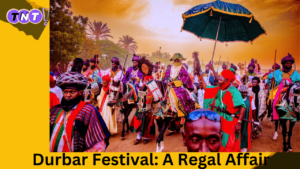
Eyo Festival: The Spirit of Lagos
This festival is Irregular (Often held to commemorate the death of a significant Lagosian or for other state celebrations), its held in Lagos Island, Lagos State. It is celebrated with the Eyo masquerade procession, traditional music, and dance. The Eyo Festival is a uniquely Lagosian celebration that predates even the modern city itself. Often considered a forerunner to the modern-day Brazilian Carnival, the Eyo Festival sees participants, known as “Eyo,” dressed in white robes and hats, parading through the streets of Lagos Island. They carry “opas” (staffs) and perform traditional dances, accompanied by drumming and singing. The festival, which honors the spirits of deceased Lagosian nobles, is steeped in Yoruba spirituality and culture. The procession begins from the Iga (palace) of the Oba (king) of Lagos and culminates at the Tafawa Balewa Square, where thousands gather to witness the spectacle. The Eyo Festival is a mystical and magical experience that offers a deep dive into the spiritual traditions of the Yoruba people. The sight of thousands of “Eyo” masqueraders in flowing white robes is both surreal and captivating.
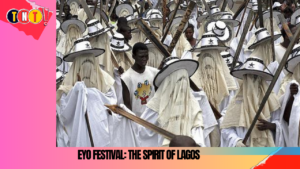
Osun-Osogbo Festival: A Journey to the Sacred Grove
It’s celebrated in August in states like Osogbo, Osun State. It’s usually celebrated with Sacred rituals, river procession, traditional music, and dance. The Osun-Osogbo Festival is one of Nigeria’s most revered cultural and spiritual events, celebrating the goddess Osun, the Yoruba deity of fertility, love, and water. Held in the sacred Osun-Osogbo Sacred Grove, a UNESCO World Heritage site, this two-week-long festival is a powerful blend of religion, tradition, and cultural heritage. The grand finale is marked by a river procession, where the “Arugba” (a virgin girl chosen to carry the sacrificial calabash) is escorted by a crowd of devotees to the Osun River. Priests and priestesses perform sacred rituals, offering prayers for prosperity, fertility, and protection. The Osun-Osogbo Festival is a deeply spiritual experience that offers a unique insight into the mystical world of Yoruba cosmology. The serene ambiance of the sacred grove, combined with the fervor of the worshippers, creates a truly otherworldly atmosphere.
New Yam Festival: A Feast for the Harvest
August is the month the new yam festival is celebrated. It is celebrated in most Igbo communities across Nigeria (notably Enugu, Anambra, and Imo States). The celebration involves Traditional dances, masquerade displays, and the ceremonial eating of the new yam. The New Yam Festival, or “Iri Ji,” is an annual celebration of the yam harvest, the most important crop of the Igbo people. It marks the end of the farming season and the beginning of a new cycle. The festival is a time of thanksgiving to the gods of the land for a bountiful harvest. It begins with the Igwe (king) or a respected elder performing the ceremonial slicing of the yam, symbolizing the communal sharing of the harvest. The celebration is marked by traditional dances, masquerades, and cultural performances, creating a colorful and joyous atmosphere. The New Yam Festival is a vibrant celebration of life, community, and gratitude. It offers a rich culinary experience, with a variety of yam dishes served, from pounded yam to yam porridge, showcasing the versatility of this staple food.
Argungu Fishing Festival: A Splash of Culture and Competition
This festival is held every February/March (every four years). Its celebrated in Argungu, Kebbi State
with Fishing competition, cultural dances, water sports, and agricultural exhibitions. The Argungu Fishing Festival is one of Nigeria’s most popular cultural festivals, attracting thousands of visitors to the small town of Argungu in Kebbi State. The festival is centered around a grand fishing competition in the Matan Fada River, where hundreds of fishermen armed with large fishnets dive into the water to catch the biggest fish. The spectacle is accompanied by traditional music, dances, and a variety of cultural displays. The festival also features water sports, wrestling matches, and agricultural shows, reflecting the agrarian lifestyle of the people. The Argungu Fishing Festival is an adrenaline-filled event that offers a unique blend of culture, competition, and community spirit. The sight of hundreds of fishermen plunging into the river is a thrilling experience, capturing the essence of Nigerian tradition and camaraderie.
Egungun Festival: The Dance of the Ancestors
This celebration varies according to the Yoruba lunar calendar, it is celebrated in Yoruba towns and villages (notably Ibadan, Oyo, and Iwo in Oyo State) with Egungun masquerade performances, traditional drumming, and spiritual ceremonies. The Egungun Festival is a vibrant Yoruba festival that honors the spirits of ancestors. The Egungun masquerades, believed to be the physical manifestations of these spirits, don elaborate and colorful costumes, performing dances and rituals to bless the community. The festival is marked by energetic drumming, singing, and dancing, with the Egungun displaying acrobatic feats and spiritual prowess. The atmosphere is charged with spiritual energy, as devotees seek blessings, guidance, and protection from their ancestors. The Egungun Festival is a fascinating exploration of Yoruba spirituality and culture. The elaborate costumes and mesmerizing performances of the Egungun masquerades offer a glimpse into the mystical world of the Yoruba, making it an unforgettable cultural experience.
Ojude Oba Festival: A Royal Spectacle
This celebration is held the third day after Eid-el-Kabir (Sallah), where all roads leads to Ijebu Ode, Ogun State. Its usually celebrated in style with Traditional parades, horse-riding displays, and cultural performances. The Ojude Oba Festival, which translates to “the king’s forecourt festival,” is a celebration held by the Ijebu people in honor of their king, the Awujale of Ijebuland. The festival features a grand parade of different age groups, known as “Regberegbe,” dressed in their most elegant traditional attire. The event is also marked by spectacular horse-riding
